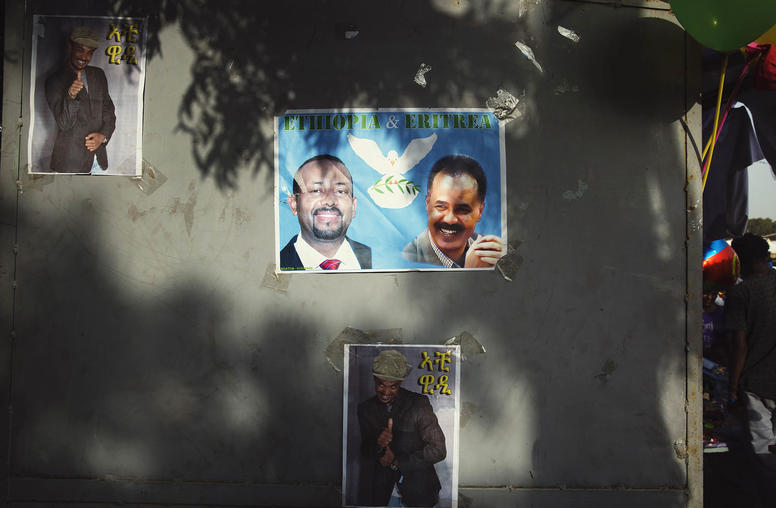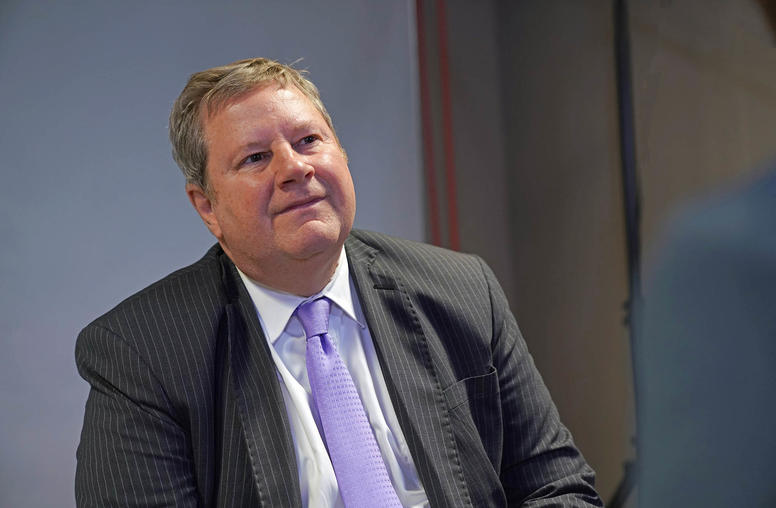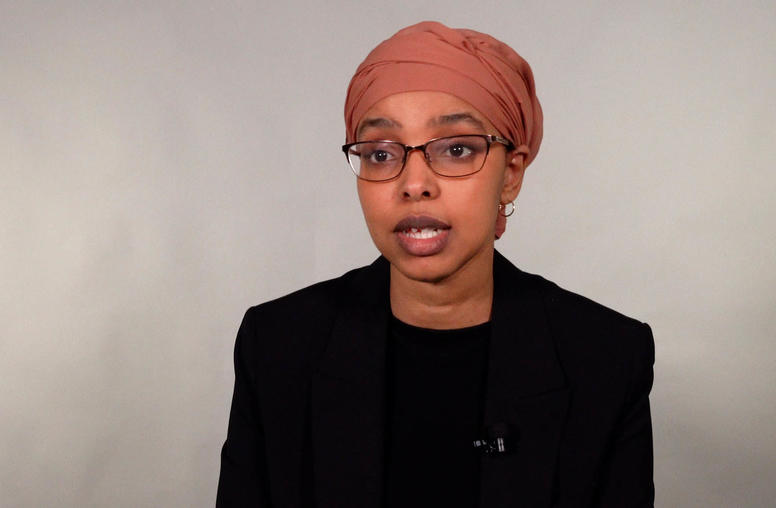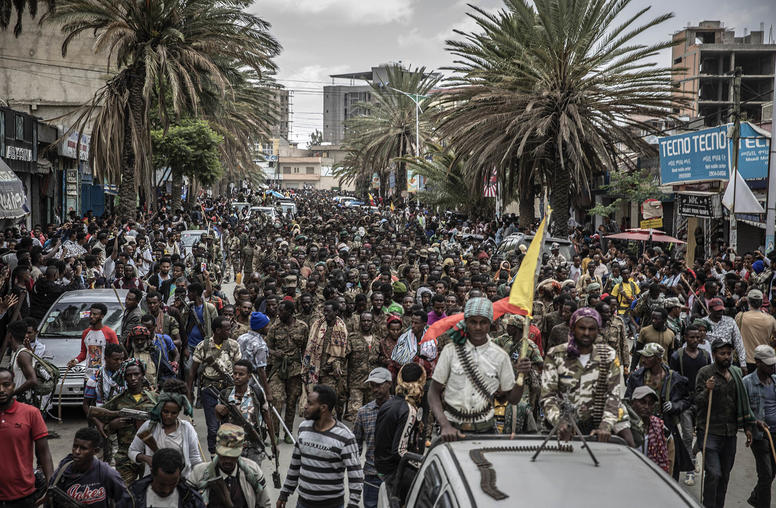Saving Lives, Securing Interests: Reflections on Humanitarian Response and U.S. Foreign Policy
Over the past two years Assistant Secretary of State for Population, Refugees, and Migration (PRM), Eric P. Schwartz has led the State Department’s principal humanitarian bureau. At this event, Assistant Secretary Schwartz will discuss the international humanitarian challenges confronting the United States and the U.S. interest in a coherent and effective response.
This event has ended, audio and transcripts are available below.
The Department of State and USAID are seeking to more effectively integrate humanitarian action with the 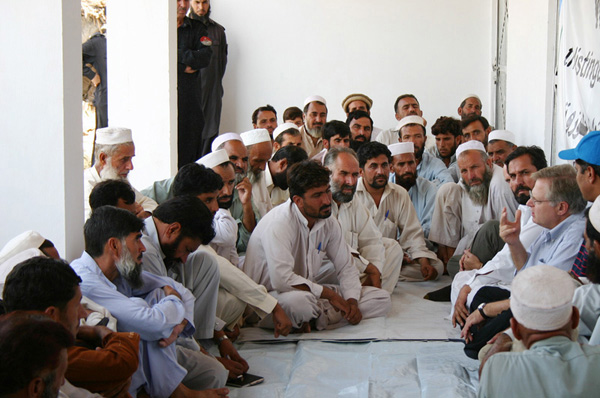 diplomatic and the other operational elements of civilian response to complex crises. The importance of policy and program integration is graphically illustrated by conflict, drought and famine in the Horn of Africa. The region’s complex operational environment – including the challenge of providing life-saving humanitarian assistance in areas to which aid workers have very limited access – highlight difficulties faced by policymakers, advocates and relief workers. The imperative to ensure basic international humanitarian principles while searching for political solutions in a complex security environment only underscores the challenges of effective integration.
diplomatic and the other operational elements of civilian response to complex crises. The importance of policy and program integration is graphically illustrated by conflict, drought and famine in the Horn of Africa. The region’s complex operational environment – including the challenge of providing life-saving humanitarian assistance in areas to which aid workers have very limited access – highlight difficulties faced by policymakers, advocates and relief workers. The imperative to ensure basic international humanitarian principles while searching for political solutions in a complex security environment only underscores the challenges of effective integration.
Over the past two years Assistant Secretary of State for Population, Refugees, and Migration (PRM), Eric P. Schwartz has led the State Department’s principal humanitarian bureau. At this event, Assistant Secretary Schwartz will discuss the international humanitarian challenges confronting the United States and the U.S. interest in a coherent and effective response. In particular, he will describe how changes in the humanitarian landscape have impacted the State 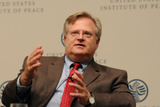 Department’s work, including its institutional relationship with agencies within the U.S. government, as well as with international and nongovernmental organizations. He will also look ahead to future international humanitarian challenges.
Department’s work, including its institutional relationship with agencies within the U.S. government, as well as with international and nongovernmental organizations. He will also look ahead to future international humanitarian challenges.
These issues are of critical concern to USIP and relate directly to USIP’s involvement in places like Darfur, South Sudan, Haiti and earlier work in Somalia. USIP is pleased to welcome Mr. Schwartz, a former Senior Fellow of the Institute, back as a speaker. A light reception will follow immediately after the event.
The event will include the following speakers:
- Eric P. Schwartz, Featured Speaker
Assistant Secretary of State for Population, Refugees, and Migration (PRM) - Ambassador George E. Moose, Introduction & Moderator
Vice Chairman Board of Directors, U.S. Institute of Peace - Jean-Marie Guéhenno, Discussant
Former U.N. Under-Secretary General for Peacekeeping Operations
Explore Further
- Download Remarks by Assistant Secretary Eric Schwartz
- State Dept.’s Schwartz Calls for Stronger Humanitarian Capabilities
News Feature by Tom Omestad | September 30, 2011 - Déjà vu: Famine and Crisis in Somalia
On the Issues by Mary Hope Schwoebel | September 12, 2011 - State Official to Discuss U.S. Responses to Humanitarian Crises, by Tom Omestad
- Countries and Continents: Haiti, Sudan, South Sudan, Somalia
- Read Refugees and IDP's after Conflict : Why They Do Not Go Home by Patricia Weiss Fagen
- On the Issues: Darfur, by Jon Temin and Chester Crocker
- Eye on the Two Sudans
Related Academy Courses
- Social Reconstruction and Human Security
- Peacebuilding Organizations and Institutions
- Engaging with Identity-Based Differences
